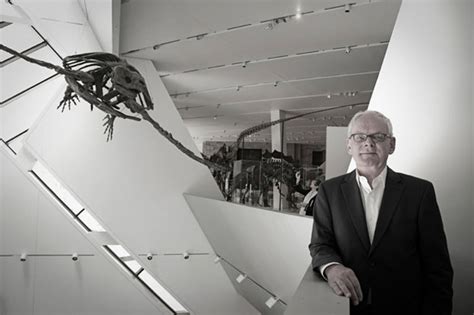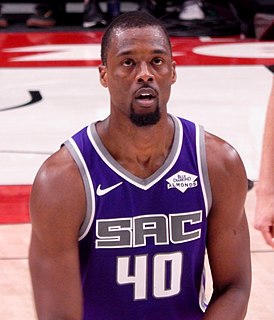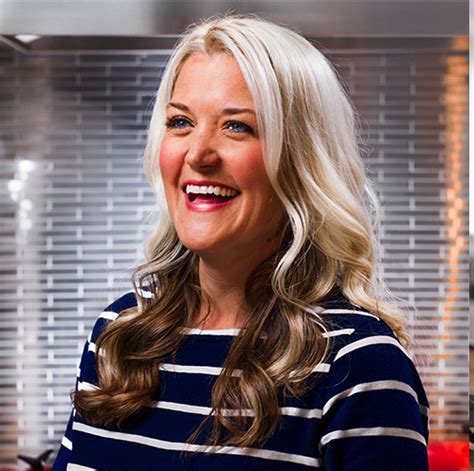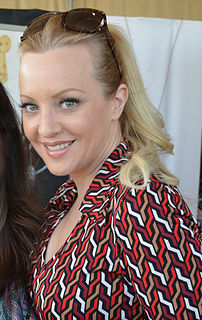A Quote by Vivek Wadhwa
The natives of Silicon Valley learned long ago that when you share your knowledge with someone else, one plus one usually equals three. You both learn each other's ideas, and you come up with new ones.
Related Quotes
Memory is knowledge; character is the box of values and habits in which our knowledge knocks around. People with a lot of knowledge thrown together in a box that encourages social intercourse and experimentation tend to come up with good ideas, which are the engine of change. Think of Silicon Valley in California, or Oxbridge in the United Kingdom.
In any new situation, whether it involves an elevator or a rocket ship, you will almost certainly be viewed in one of three ways. As a minus one: actively harmful, someone who creates problems. Or as a zero: your impact is neutral and doesn't tip the balance one way or the other. Or you'll be seen as a plus one: someone who actively adds value. Everyone wants to be a plus one, of course. But proclaiming your plus-oneness at the outset almost guarantees you'll be perceived as a minus one, regardless of the skills you bring to the table or how you actually perform.
I've learned mainly by reading myself. So I don't think I have any original ideas. Certainly, I talk about reading Graham. I've read Phil Fisher. So I've gotten a lot of my ideas from reading. You can learn a lot from other people. In fact, I think if you learn basically from other people, you don't have to get too many new ideas on your own. You can just apply the best of what you see.
In the ideology of the new Silicon Valley, work was for the owned. Play was for the owners. There was a fundamental capitalism at work: While they abhorred the idea of being a wage slave, the young men of Silicon Valley were not trying to tear down the capitalist system. They were trying to become its new masters.
A community is the mental and spiritual condition of knowing that the place is shared, and that the people who share the place define and limit the possibilities of each other's lives. It is the knowledge that people have of each other, their concern for each other, their trust in each other, the freedom with which they come and go among themselves.
Presently, my understanding of the fundamental principles of the theory of high-intensity training is thorough and complete - not two plus two equals three-and-a-half, but two plus two equals four! Heretofore, I would only occasionally have clients gain 10 to 20 pounds in a month or 30 to 40 pounds in three to four months. Now such is no longer the exception , but the rule!
I learned how to let other performers have their moment. A lot of people can't do that. They just chew the scenery and steamroll over their scene partners. It doesn't make you look better in the long run to do that. You have to have balance in your scene. If it's somebody else's moment, let them have it. Learn how to be generous. Plus, it makes the audience hate you.


































